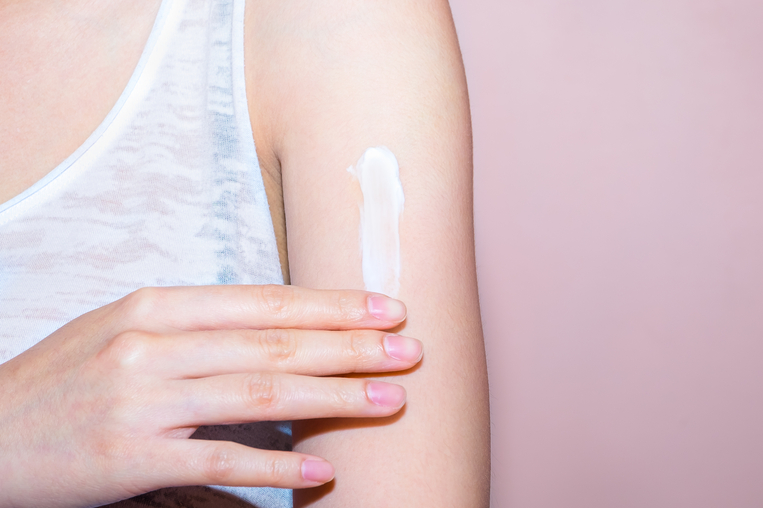Is an FDA Crackdown on Probiotic Products Coming?

We eat Greek yogurt and drink Kombucha to keep our gut health in check, but the latest crop of probiotic-infused products isn’t found at the grocery store. Skin care made with “good” bacteria can also offer a bevy of benefits such as smoother, glowier skin. But, the FDA isn’t jumping on the bandwagon just yet, and recently announced it’s taking a closer look at topical probiotics to determine exactly how they affect the skin microbiome. The vast majority of probiotic potions—more than 90 percent—contain postbiotics, nonliving byproducts of live probiotic microorganisms. (If you have to keep your cream in the fridge, chances are it’s a live culture.) “If the FDA rules that changing the microbiome is a structure/function change, probiotic skin care would be considered a biologic and categorized as a drug rather than a cosmetic, which would have wide-ranging implications for companies currently in the space,” says Jasmina Aganovic, president of Mother Dirt, one of the few skin-care brands that contain live cultures.
You May Also Like: The Dark Side of Probiotics No One Is Talking About
The FDA’s stance is that because it doesn’t have the authority to review these types of products before they hit the market—or any cosmetics for that matter—it isn’t able to step in until potential problems arise. “Products containing live microorganisms could be harmful and lead to infections, especially if the skin barrier is broken or compromised,” says FDA spokesperson Juli Putnam. “Additionally, these organisms can also interfere with the effectiveness of the preservatives used in the products to keep them safe.”
New York dermatologist Whitney Bowe, MD deep-dives into the world of probiotics in her new book, The Beauty of Dirty Skin, and has evaluated numerous studies on the topic. “While I am a huge advocate for the FDA's involvement in ensuring our skin-care products are safe, I am not especially concerned about the safety behind topical products with probiotic claims. I've personally evaluated numerous unpublished and published studies using topical probiotics, prebiotics and postbiotic ingredients, and I've worked closely with a number of skin-care companies developing products in this space. Thus far, I haven't found any major safety concerns or red flags, but I only recommend products that have undergone rigorous safety tests.
However, certain companies have much more substantial science to back their efficacy claims, whereas others have barely any science and simply use the term 'probiotic' on the label. The potential of these products to combat chronic inflammation, acne, rosacea and eczema, and even slow down signs of aging, is clearly there, but we are just at the very beginning of this journey.”
Putnam says that if the FDA’s findings identify potential health concerns, they will be communicated to the public and further action will be taken as needed.

